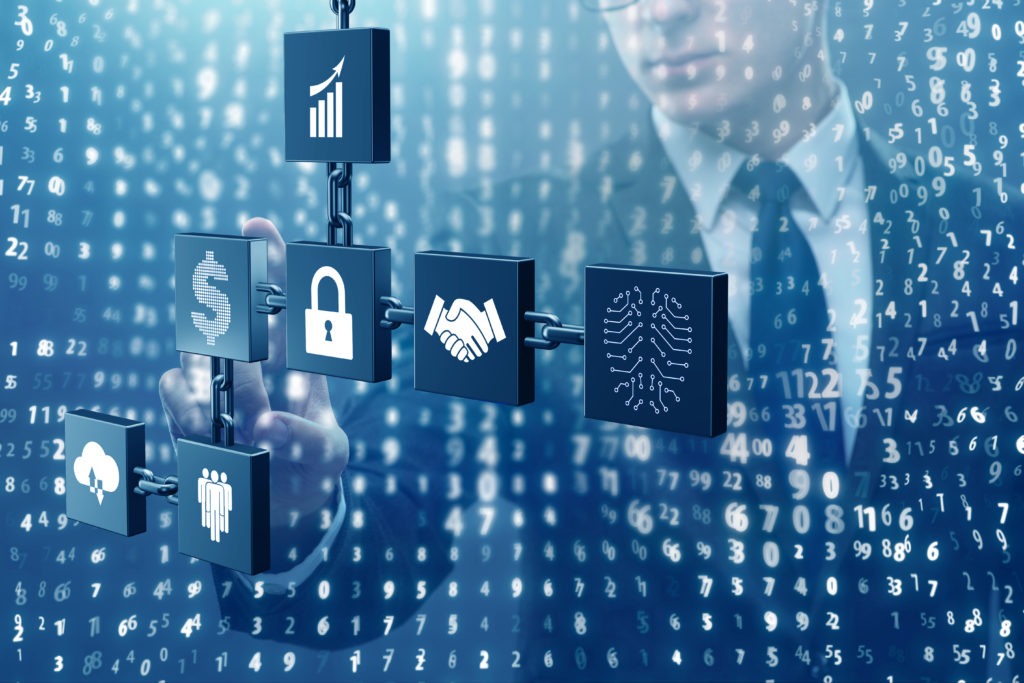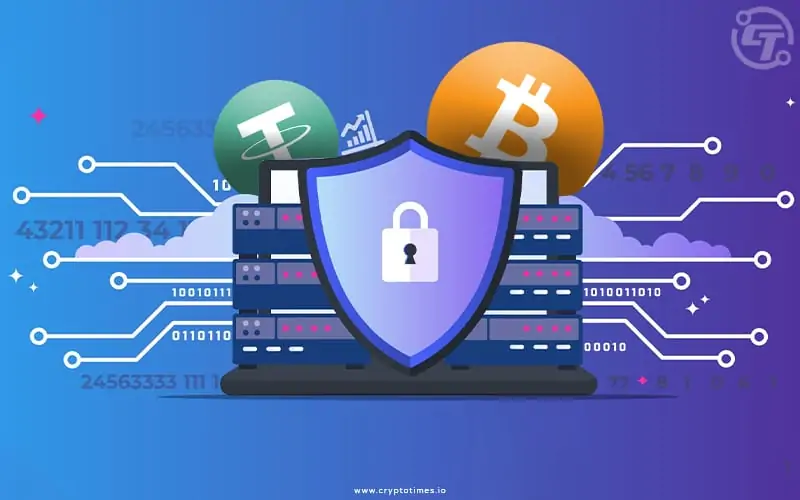Cryptocurrency has revolutionized the way people manage and exchange money. While digital currencies like Bitcoin, Ethereum, and other altcoins offer new opportunities for financial growth and decentralization, they also come with significant security risks.
Unlike traditional financial systems, cryptocurrency transactions are irreversible and stored on decentralized networks, which means there is no central authority to recover lost or stolen funds. This makes securing your crypto assets essential to ensure their long-term safety.
In this guide, we will cover the best practices for protecting your digital assets, ranging from choosing secure wallets, safeguarding your private keys, using two-factor authentication (2FA), and ensuring your cryptocurrency exchanges are reliable.
1. Choosing the Right Wallet
The first step in securing your cryptocurrency is selecting a safe and reliable wallet. There are two main types of wallets: hardware wallets and software wallets. Each has its advantages, but understanding which one is appropriate for your needs can significantly improve your security.
Hardware Wallets
Hardware wallets, also known as cold wallets, are physical devices that store your private keys offline. By keeping your keys away from the internet, hardware wallets offer superior protection against hacking attempts, malware, and phishing scams. Popular hardware wallets like Ledger and Trezor have robust encryption and require physical access to the device to sign transactions.
Advantages:
- Offline storage ensures that your assets are less vulnerable to online threats.
- They often require PIN codes or physical buttons to confirm transactions, adding an extra layer of security.
- Hardware wallets can be backed up using seed phrases, which can be used to recover your funds if the device is lost or stolen.
Disadvantages:
- They can be costly compared to free software wallets.
- Hardware wallets require you to keep the physical device safe from theft or loss.
Software Wallets
Software wallets, also called hot wallets, are digital applications or browser extensions that store your private keys online. While they offer more convenience for frequent traders, they come with higher security risks since they are connected to the internet. Software wallets include web wallets, desktop wallets, and mobile wallets, like MetaMask, Coinbase Wallet, and Trust Wallet.
Advantages:
- Convenient for quick access to your funds and managing transactions.
- Easy to use for beginners, and most are free to download.
Disadvantages:
- More vulnerable to hacking, phishing attacks, and malware.
- They rely on the security of the platform they are hosted on, so if the service provider is compromised, so are your assets.
Best Practice: Consider using a hardware wallet for long-term storage of large amounts of cryptocurrency and a software wallet for smaller, everyday transactions.
2. Safeguarding Your Private Keys

Your private keys are the cryptographic keys that give you access to your cryptocurrency. If someone else gains access to your private keys, they control your digital assets. Thus, safeguarding these keys is crucial.
Never Share Your Private Key: The number one rule is to never share your private keys with anyone. Sharing it is the equivalent of handing over control of your money.
Store Keys Offline: If possible, store your private keys offline on a secure device. This prevents hackers from accessing them through the internet. Cold storage, such as hardware wallets, ensures that private keys are kept away from potential cyber-attacks.
Backup Regularly: Make sure to back up your private keys or seed phrases in multiple secure locations. If you lose access to your wallet, the backup allows you to recover your funds.
Use a Password Manager: If you are using a software wallet, a password manager can help you store your wallet password securely. Ensure that your password is strong and unique.
3. Enable Two-Factor Authentication (2FA)
Two-factor authentication (2FA) adds an extra layer of security by requiring you to provide two forms of identification to access your cryptocurrency account. It’s one of the simplest and most effective ways to prevent unauthorized access.
Best Types of 2FA:
- Authenticator Apps: Google Authenticator and Authy are examples of 2FA apps that generate time-sensitive codes. These codes are often more secure than SMS-based 2FA, which can be vulnerable to SIM-swapping attacks.
- Hardware Authentication: For even more security, use a hardware 2FA device like YubiKey. These devices generate one-time passcodes that are far more difficult for hackers to intercept.
4. Secure Your Internet Connection
Since all cryptocurrency transactions happen over the internet, ensuring a secure connection is vital to protecting your assets from hackers.
Use a Virtual Private Network (VPN): VPNs encrypt your internet traffic and hide your IP address, making it much harder for hackers to trace your activities or intercept your data. This is especially important if you frequently trade or manage your crypto in public places.
Avoid Public Wi-Fi: Public Wi-Fi networks are inherently insecure, and hackers often use these networks to intercept sensitive information. Always avoid accessing your crypto accounts over public Wi-Fi unless you are using a VPN.
5. Choose Reliable Cryptocurrency Exchanges
Cryptocurrency exchanges are essential for trading and converting digital assets. However, not all exchanges are equally secure, and several exchanges have been hacked in the past, leading to the loss of millions of dollars worth of crypto.
Research Before Choosing an Exchange: Before using an exchange, ensure that it has a solid reputation, strong security measures, and positive user reviews. Look for features like:
- Cold storage: The majority of user funds are kept offline to prevent hacking attempts.
- Insurance: Some exchanges offer insurance policies to protect user funds in case of security breaches.
- 2FA: Ensure that the platform supports two-factor authentication for user accounts.
Avoid Keeping Funds on Exchanges: Even if you are using a reliable exchange, it’s a good practice to avoid keeping large amounts of cryptocurrency on the exchange itself. Move your assets to a secure wallet once the trade is complete. Exchanges can be targets for hacking, and if they are compromised, your funds may not be recoverable.
6. Recognizing and Avoiding Scams
The rise of cryptocurrency has also seen an increase in scams and fraudulent schemes aimed at stealing digital assets. Being able to recognize these threats can save you from devastating losses.
Phishing Scams: Phishing is a common method used by scammers to steal personal information by pretending to be a legitimate entity. Always verify the source before clicking on any links or downloading files, especially from emails that claim to be from your wallet provider or exchange.
Ponzi Schemes and Fake Investment Platforms: Be wary of any investment platform that guarantees high returns with little to no risk. Ponzi schemes and fake investment platforms have caused countless users to lose their crypto assets.
Pump-and-Dump Schemes: These schemes artificially inflate the price of a cryptocurrency, only for the creators to sell their holdings at the peak, leaving the rest of the investors with worthless tokens. Always do thorough research before investing in any cryptocurrency project.
7. Use Multi-Signature Wallets
For added security, consider using a multi-signature (multi-sig) wallet. A multi-sig wallet requires multiple private keys to sign and approve a transaction, which makes it more difficult for hackers to access your funds.
Ideal for Group Use: Multi-sig wallets are especially useful for businesses or partnerships, where multiple stakeholders must approve transactions before they can proceed.
8. Regularly Monitor Your Accounts
Regular monitoring of your cryptocurrency accounts is essential to detect any unusual activity or potential breaches. Here’s how you can ensure your accounts remain secure:
- Check your balances frequently to ensure no unauthorized transactions have taken place.
- Review login and withdrawal histories to see if there have been any suspicious attempts to access your account.
- Set up alerts for unusual account activities, such as large withdrawals or login attempts from unknown IP addresses.
9. Education and Staying Informed
The cryptocurrency landscape is constantly evolving, and so are the threats to its security. Stay informed about the latest trends in crypto security by following trusted sources and news outlets.
Join Crypto Security Forums: Engaging with communities focused on crypto security, like Reddit’s /r/cryptocurrency or specialized forums, can keep you updated on the latest scams and security measures.
Participate in Security Audits: If you hold a significant amount of crypto, it may be worthwhile to participate in security audits or use tools that scan for vulnerabilities in your wallets and accounts.
Crypto Security
Securing your cryptocurrency requires vigilance, a combination of good practices, and the use of robust tools. Whether you are a long-term investor or an active trader, these strategies will help protect your digital assets from hackers, scams, and other security threats. Always be cautious, stay informed, and never compromise when it comes to securing your crypto. By following these best practices, you can enjoy the benefits of cryptocurrency while ensuring your investments remain safe.

